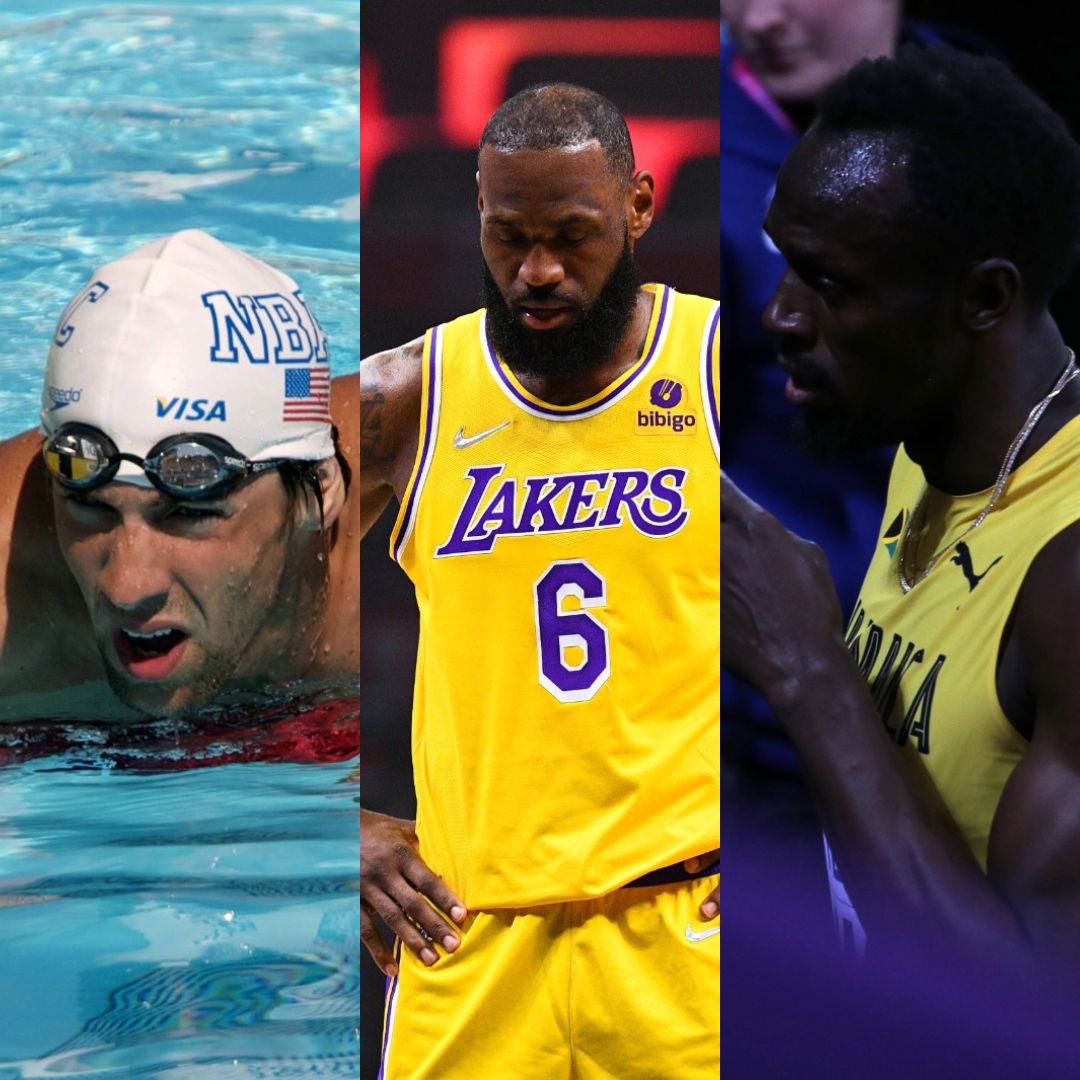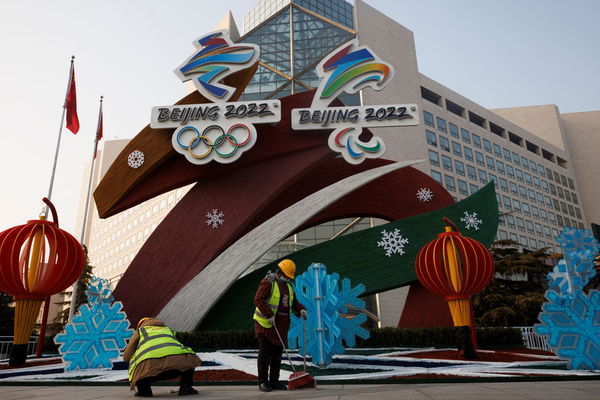
Imago
Imago

Imago
Imago

Imago
Imago

Imago
Imago
Earning an Olympic spot is never easy for any athlete. Not only do they have to undergo rigorous training and diet regimes for four years, but these individuals have to also protect themselves from injuries. Despite doing all this to perfection, a spot in the Olympics is never guaranteed, and the athlete has to put in some impactful performances as they go against the best athletes of the world in their respective disciplines.
Watch What’s Trending Now!
All this hard work is also accompanied by a lot of traveling for trials and competitions and all these things combined together require financing. Only once an athlete makes it through to the Olympic Trials and earns an Olympic spot for their respective country or sporting federation are their finances taken care of.
During their time in the Olympics, no athlete has to worry about diet, accommodation, or training as all that is taken care of by their respective country/federation and the Olympics Organizing committee. However, that does not mean that athletes are paid for just attending the Olympics.
How do athletes get paid during the Olympics?
While athletes do not have to pay anything during the Olympics, most athletes’ journey for an Olympic spot is full of financial struggles. While established Olympians have a number of private and government sponsors to handle their four-year-long Olympic spot journey, this is not the case for thousands of new and up-and-coming athletes. These lesser-known and often first-time Olympians have to juggle jobs along with their training and often have to rely on crowdfunding. However, that can quickly change during the Olympics, where athletes earn when they win a medal. The Olympic athletes are not paid for just attending the Games and even when they win an Olympic medal, the Olympics do not pay them anything.

Reuters
Workers clean up in front of a display of the logos of the Beijing 2022 Winter Olympics and Paralympics in Beijing, China, January 14, 2022. REUTERS/Thomas Peter
However, it is the respective countries and sporting federations who pay their athletes for winning a gold, silver, or bronze Olympic medal. According to a CNBC report, during the 2022 Beijing Winter Olympics, the U.S. Olympic and Paralympic Committee paid their athletes $37,500 for winning an Olympic gold medal, $22,500 for a silver medal and $15,000 for a bronze medal.
Singapore nearly paid 20 times more than the U.S. to their gold medalists by rewarding them with $737,000 while Kazakhstan and Malaysia paid $250,000 and $236,000 respectively to their gold medalists. While these may sound like handsome amounts, recent reports regarding the salaries of Olympic directors and executive staff shed light on the huge unfair pay disparity between the athletes and Olympic officials.
Olympic executives are earning millions of dollars
Recently, the International Olympic Committee provided information about their executive-level salaries in Form 990 of the Internal Revenue Service. This information highlighted that the 2021 revenue of the IOC was $4.61 billion and the 2021 salaries for their executive-management staff totaled $13.95 million.
According to this data, in an Olympic cycle of four years, while the normal hardworking athlete makes no money, the upper management of the IOC earns more than $50 million combined. An X post by Sport and Politics highlights this pay disparity in its caption, which reads, “Few Olympic champions in the world earn as much money as the worst-paid IOC director.”
I have prepared the list of salaries of IOC directors on an Olympic cycle:
Few Olympic champions in the world earn as much money as the worst-paid IOC director (athletes’ director 😂).
(Full access for newsletter subscribers: https://t.co/jbMkNsZDrn)https://t.co/IVds6J9Fu1
— SPORT & POLITICS (@JensWeinreich) October 3, 2023
Another report by Inside The Games highlights that in 2022, the IOC executive-level staff, excluding IOC President Thomas Bach, amounted to $13.7 million. In 2018, which was the year of the Winter Olympics and Paralympics, the IOC upper-management staff salary was $9.13 million, which indicates a $4.57 million increase in salary in 2022.
In all this time, there have been no improvements for the athletes who have been trying their hardest to earn an Olympic spot for four years, without any financial support from the International Olympic Committee. Last year, U.S. athletes like Simone Biles and Katie Ledecky put in some exceptional performances and left the Games with millions of dollars in endorsements. However, most Team USA athletes and other countries athletes have no sponsors or financial backing to support their Olympic dreams.
Read more: As Countdown for 2024 Olympics Begins, a Deal Worth $126,900,200 Brings IOC a New Partner for Paris
These recent reports of IOC upper-level management salaries are an insult to the blood, sweat, and tears of not only Olympics aspiring athletes but also Olympians. In light of this new information about the IOC finances, the Olympics should start doing more for athletes who do not have much financial support and should act sooner as the 2024 Paris Olympics is just around the corner.
Watch this story: Bruce Springsteen’s Equestrian Daughter Jessica Springsteen set to shine at Paris Olympics

